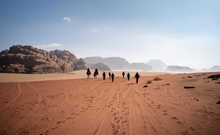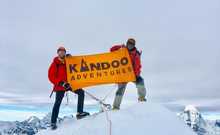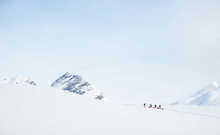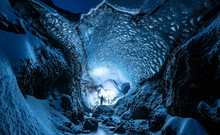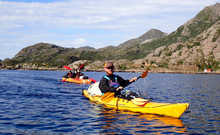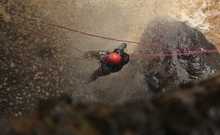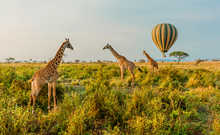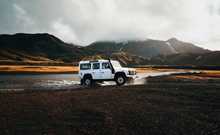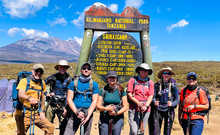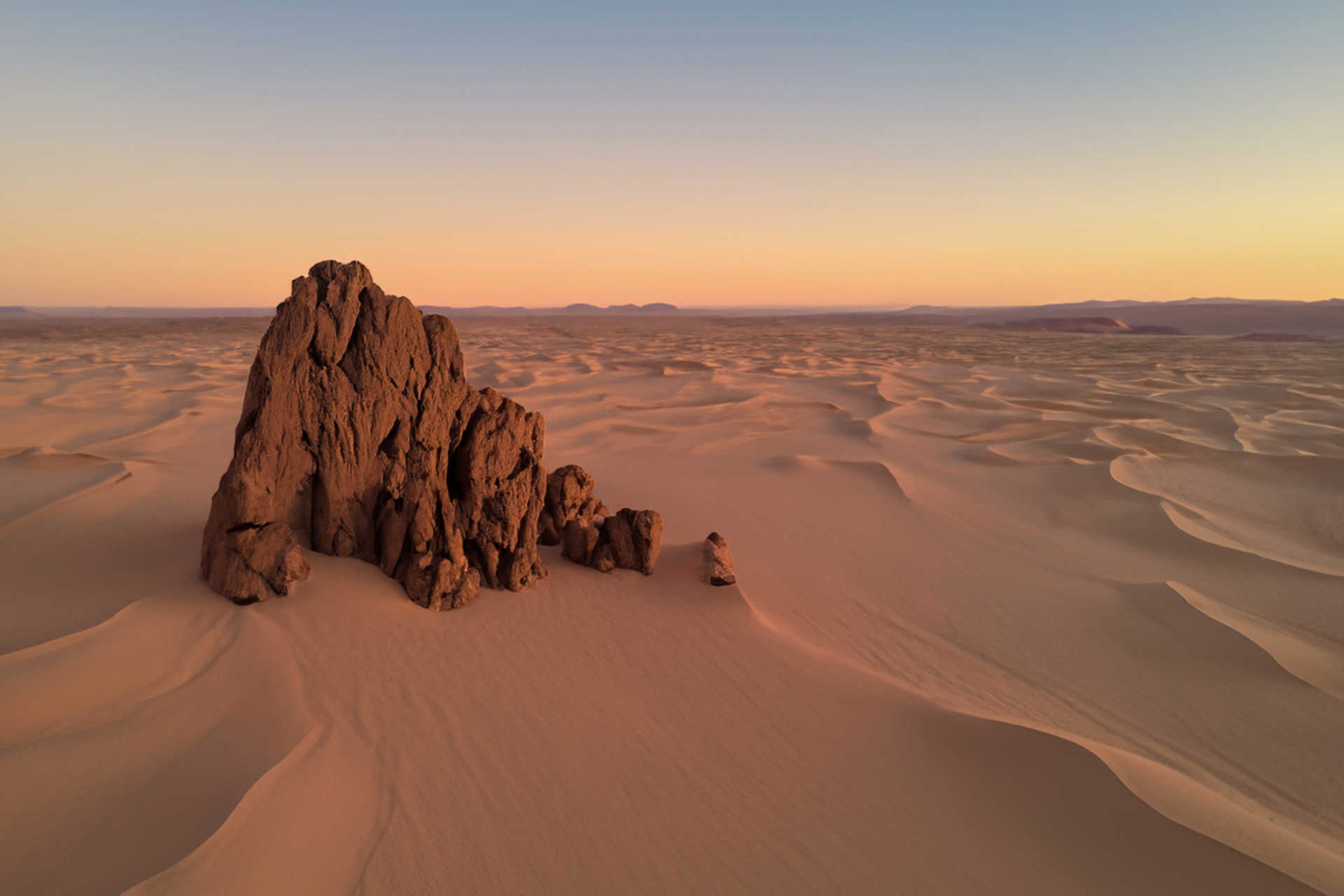Avoiding diarrhoea
Make sure that your hygiene is as good as possible to avoid picking up a stomach upset when. Needless to say, a bout of diarrhoea can make an active holiday much more unpleasant particularly when your stay is short.
In the desert, we make sure that your food is pure and uncontaminated and we will carry an ample supply of bottled water with us. Please be aware that the water in the UAE is not drinkable. Bottled water can be purchased in Dubai city but not in the desert.
Make sure you follow these simple rules at all times:
- If you aren’t absolutely certain water is pure, do not drink it.
- Wash your hands thoroughly after using the toilet, and before eating or handling food of any kind.
- Do not eat raw vegetables or salads. Cooked, preferably boiled veggies only.
- Avoid any cold drinks, and ice of any kind.
Water from sealed bottles is generally fine, as are fizzy drinks, wine and beer. Hot tea and coffee are good, as they have just been boiled.
If you do get diarrhoea, the most important thing you can do is to stay hydrated. The best thing to drink is a rehydration solution like Dioralyte. Read more about dehydration below.
Over the counter medicines like Imodium (or anything containing loperamide) are only for short term, mild diarrhoea. Some doctors recommend taking a single, 500mg dose of Ciprofxin, or any ciprofloxacin antibiotic in an emergency situation. This is a prescription medicine, and you should discuss it with your doctor before your trip.
Preventing dehydration
Even if you avoid diarrhoea, you can easily become dehydrated when exercising in hot climates. Where you
will be exerting yourself, and sweating as a result, you’ll have to drink much
more water than you normally would, and you should try to drink at least 3
litres of fluids every day to stay hydrated. Even when you don’t feel thirsty
you should try to drink this amount as a minimum.
Keep your bottle inside your bag to keep it cooler for longer. Insulated flasks are also a good way of keeping cold water cool in the heat.
Stay on the look-out for signs of dehydration in yourself and your fellow climbers. The most common symptoms include thirst, dry lips, nose or mouth, headache and feeling fatigued or lethargic. If you think you may be dehydrated, there are two ways to tell:
- The colour of your urine. Clear or light straw-coloured urine means you are probably not dehydrated. Yellow or orange wee means you haven’t been drinking enough, and you need to up your fluid intake quickly.
- Pinch or press firmly on an area of exposed skin. If it doesn’t spring back instantly, or stays pale and bloodless for more than a second or two, you are probably dehydrated.
Sunburn and UV Protection
The UAE has high temperatures and strong sun, you will be vulnerable to sunburn if not properly protected. The lack of shade in the desert means you will be exposed to the sun for long periods of time, even on cloudy days.
The three most important things you can do to avoid sunburn are:
- Apply SPF 30 or higher sunscreen to your face, nose and ears at least 30 minutes before going out into the sun, and reapply regularly. High SPF lip balm is also a must.
- Wear a wide-brimmed hat that shades your face, nose and ears.
- Wear UV-protective sunglasses, category 2-4.
The sun's rays in the Middle East are intense and even on a cloudy day they can penetrate through and still burn you. And don’t forget that the sun is at its strongest between 10:00-14:00 hours each day.
Eating well
Many people experience loss of appetite in the heat, in particular the wish to eat food high in energy. Just like staying hydrated, you have to try to eat heartily even if you aren’t hungry. Meals heavy in carbohydrates are best, because they provide long-term energy.
Snacks should be chosen carefully. Take favourite treats to make it easier to eat when you don’t feel hungry. Chocolate, nuts and seeds, biscuits, savoury snacks and boiled sweets are generally the best choices, although make sure not to bring anything that will melt in the heat.
Body temperature
Every destination has its own climate, and the arid Arabian desert has weather conditions not often experienced in other areas around the world. The hot, dry days often create a fairly pleasant heat, however welcome breezes can also result in dust storms. The nature of the landscape and extreme heat reduce any water levels in the area, so clouds don't often form. This can mean the temperature in the desert during the evenings can drop significantly. Wearing a light, airy outfit such as a cotton shirt and trekking shorts is generally the wisest way to travel through the day. Then packing a warm layer for the evenings; a fleece, long sleeved top and long trousers will make sure you stay reasonably comfortable in all conditions.
A headscarf will also prove a great tool to keep sand out of your face and boots, especially when the wind picks up. A thin material such a muslin, will stop the scarf from making you too hot but will still protect from any sandy whirlwinds.
